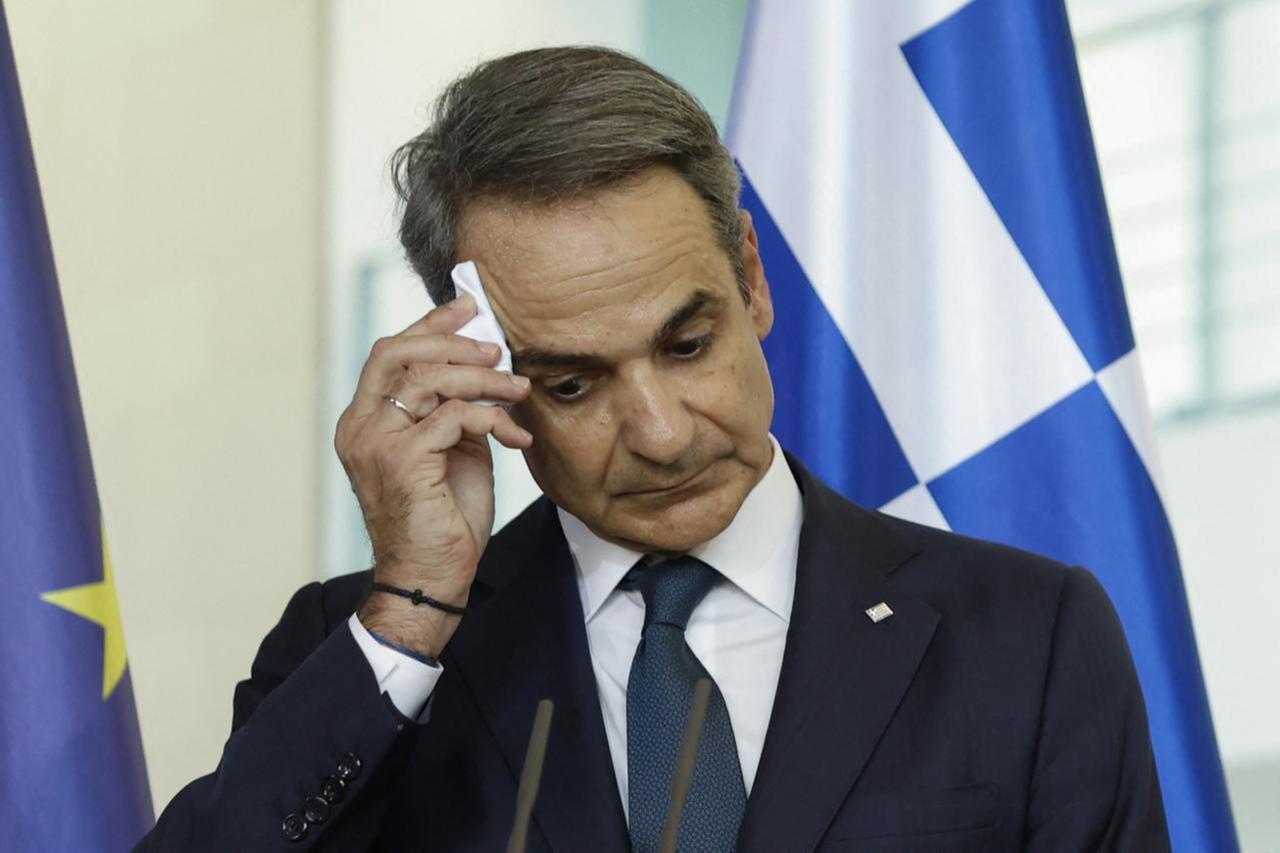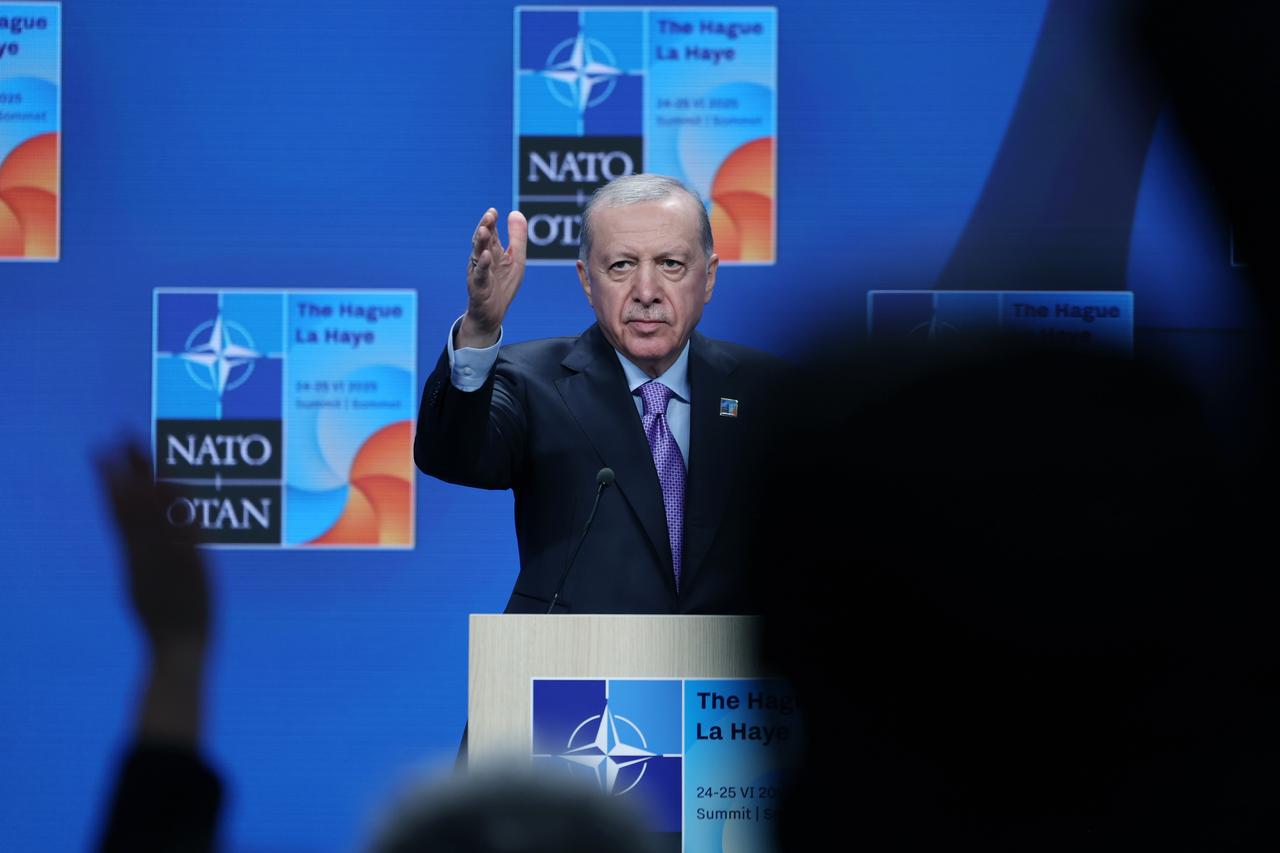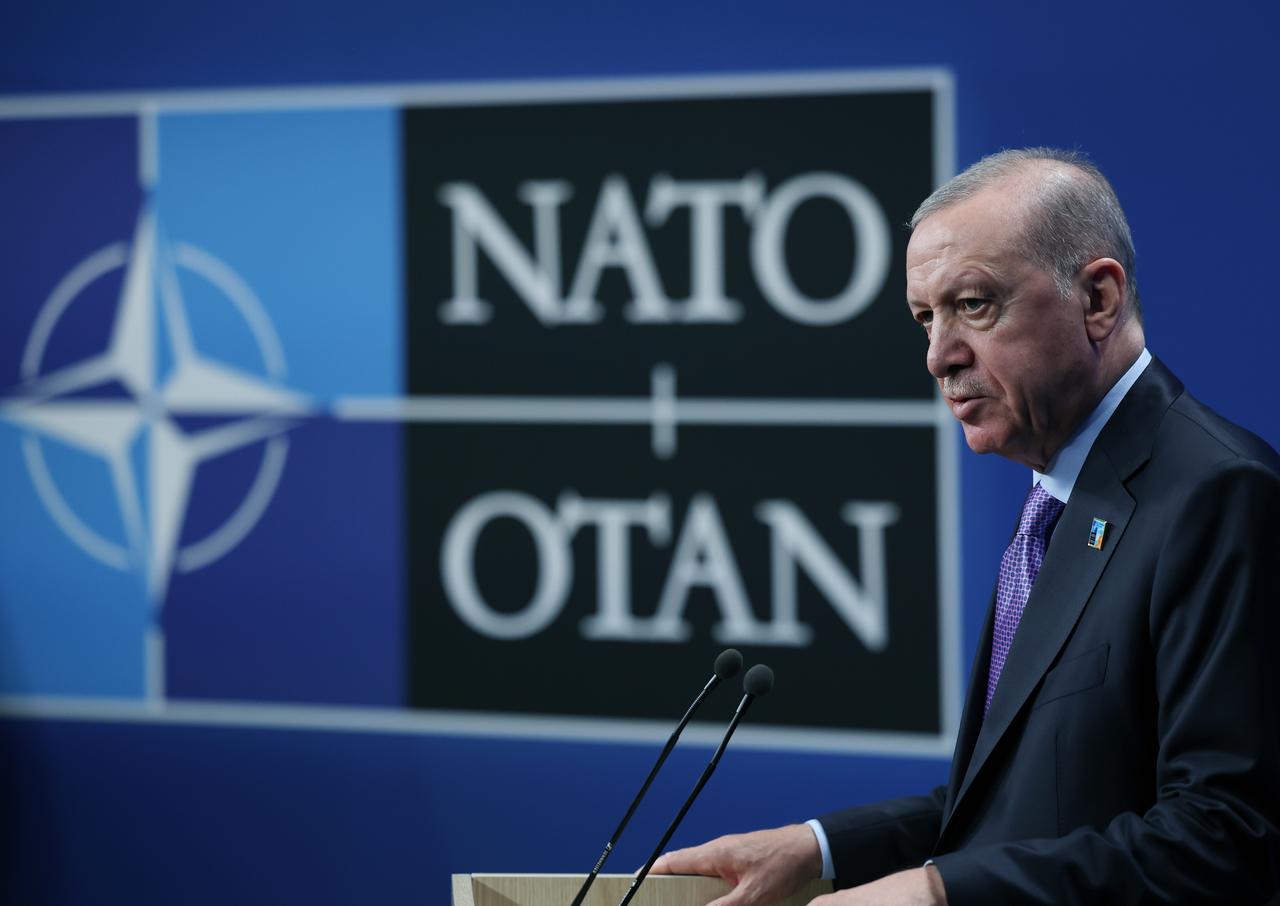
Greece has escalated its opposition to energy cooperation between Türkiye and Libya, successfully lobbying European Union leaders to condemn a 2019 maritime agreement during this week's E.U. summit in Brussels.
The Greek pushback came after Türkiye's national oil company TPAO signed a memorandum of understanding with Libya's National Oil Corporation (NOC) for seismic research activities in the Eastern Mediterranean.
Greek Prime Minister Kyriakos Mitsotakis brought the issue to E.U. leaders, though he focused his criticism on the November 2019 Türkiye-Libya maritime boundaries agreement rather than the recent seismic research deal. The timing appears linked to growing prospects that Libya's Tobruk-based House of Representatives may ratify the original agreement.

Speaking after a NATO summit in The Hague, Mitsotakis called the Türkiye-Libya maritime agreement "unacceptable, illegal and unfounded," adding that "the document has no legal effect."
"Greece will request, as we said in December 2019, that it be included once again in the final communique that this agreement is illegal, not recognized by the E.U. and therefore will not create any legal effect," Mitsotakis said. "I consider it important that this repetition be made in a way that Libya can understand clearly and definitively at this stage."
The E.U. summit's final statement reiterated language from a December 12, 2019 declaration, stating that the "Türkiye-Libya Memorandum of Understanding on the Delimitation of Maritime Jurisdiction Areas in the Mediterranean violates the sovereign rights of third states, does not comply with the Law of the Sea and cannot produce any legal consequences for third states."
The two countries hold fundamentally different views on the maritime agreement. Türkiye sees the memorandum, approved by its parliament on December 5, 2019, as protecting both nations' rights under international law and countering what Ankara views as efforts to isolate Türkiye in the Eastern Mediterranean.
Turkish officials argue the agreement clarifies Türkiye's western maritime boundaries in the Eastern Mediterranean and demonstrates that Türkiye will not allow any fait accompli in the region. The memorandum established an 18.6 nautical mile boundary southwest of Türkiye's continental shelf limits previously reported to the United Nations.
Greece opposes the agreement based on claims that it ignores the presence of Crete. The Türkiye-Libya maritime maps allocate most of the sea area south of Crete to Libya, with a smaller portion going to Türkiye.

Greece also maneuvered to include language in the E.U. summit communique that could potentially limit Türkiye's participation in the bloc's defense initiatives. While unsuccessful in blocking Türkiye's potential inclusion in the Security Action for Europe (SAFE) fund - a 150 billion euro defense program - Greece secured text referencing the E.U.'s recent security partnerships with the United Kingdom and Canada.
The paragraph emphasizes the E.U.'s commitment to working with "like-minded partners who share our foreign and security policy objectives," language that could be invoked if a third country's SAFE participation is deemed threatening to E.U. security interests.
Türkiye, as an E.U. candidate country, remains eligible for SAFE participation, though full access would require a bilateral security agreement with the E.U. that needs unanimous member state approval.